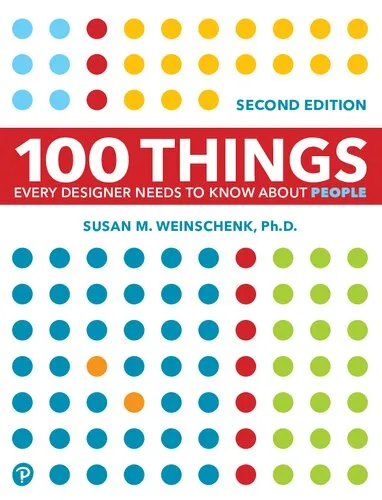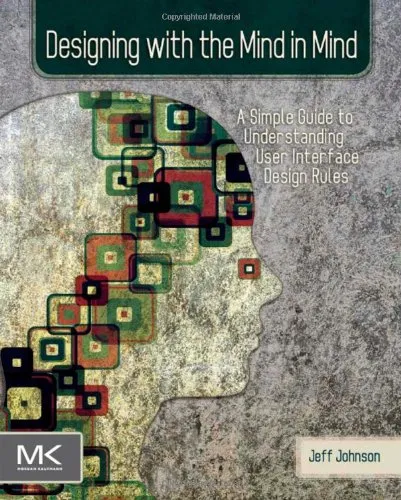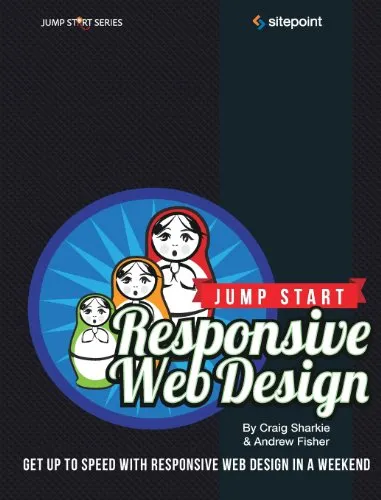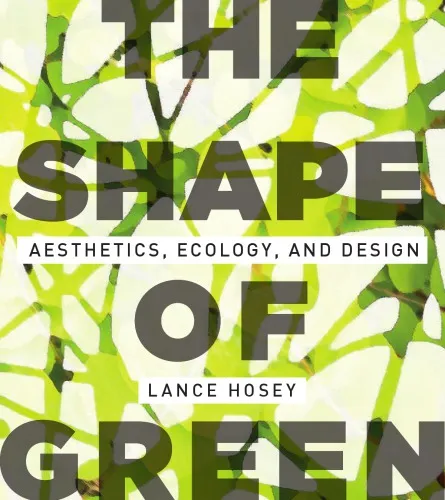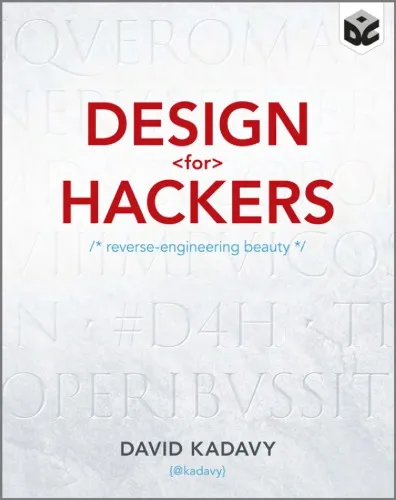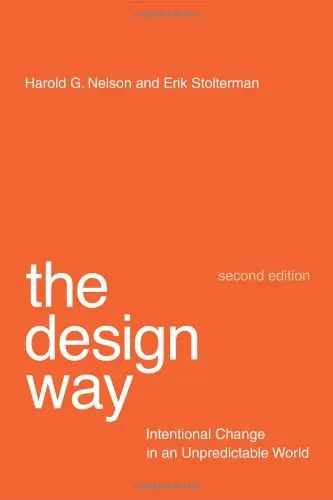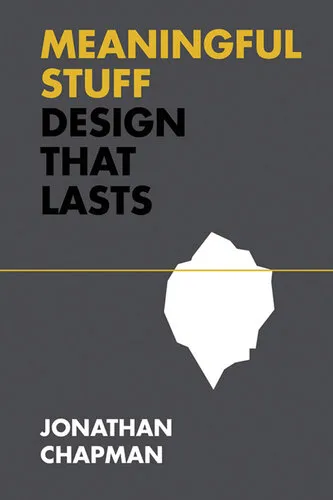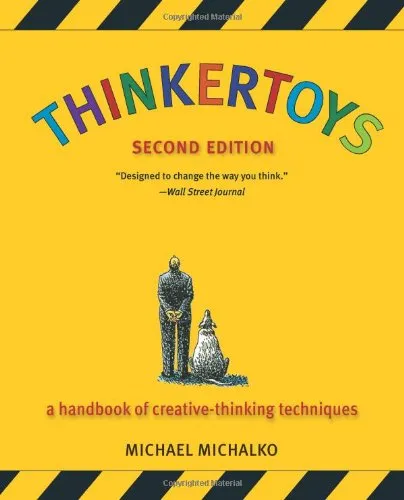100 Things Every Designer Needs to Know About People
4.7
Reviews from our users

You Can Ask your questions from this book's AI after Login
Each download or ask from book AI costs 2 points. To earn more free points, please visit the Points Guide Page and complete some valuable actions.Related Refrences:
Introduction to "100 Things Every Designer Needs to Know About People"
Welcome to an essential resource for designers eager to deepen their understanding of human psychology. "100 Things Every Designer Needs to Know About People" provides insights into the way people think, perceive, and interact with the world around them, revealing the direct implications for design. Whether you are a seasoned professional or new to the field, this book aims to bridge the gap between cognitive psychology and practical design.
Detailed Summary
The book is structured around 100 scientifically-grounded facts about human behavior, perception, and cognitive psychology, each followed by practical advice on how these insights can be leveraged in design. It covers topics such as attention span, memory mechanics, decision-making processes, and emotional engagement. By combining research findings with case studies and examples, Susan Weinschenk elucidates how understanding human psychology enhances user experience and effectiveness in design.
Key Takeaways
- People don’t want to work or think more than they have to.
- Memory is very unreliable and is easily influenced by various factors.
- Emotions greatly influence decision-making and attention.
- People scan web pages and do not read word for word.
- Social validation is crucial and heavily affects user actions.
Famous Quotes from the Book
"People make decisions more with the unconscious mind than the conscious mind."
"People notice what’s different and new, but not necessarily the important changes."
Why This Book Matters
In an age where digital interactions are constant and pervasive, understanding your audience is not merely beneficial but imperative. This book fills a critical void by synthesizing psychological insights with actionable design strategies. The importance of this book lies in its ability to transform abstract psychological principles into concrete design actions that enhance user experience and satisfaction. With this knowledge, designers can craft more engaging, intuitive, and user-centered products that do more than meet user needs—they anticipate them.
Free Direct Download
You Can Download this book after Login
Accessing books through legal platforms and public libraries not only supports the rights of authors and publishers but also contributes to the sustainability of reading culture. Before downloading, please take a moment to consider these options.
Find this book on other platforms:
WorldCat helps you find books in libraries worldwide.
See ratings, reviews, and discussions on Goodreads.
Find and buy rare or used books on AbeBooks.
1442
بازدید4.7
امتیاز0
نظر98%
رضایتReviews:
4.7
Based on 0 users review
Questions & Answers
Ask questions about this book or help others by answering
No questions yet. Be the first to ask!
